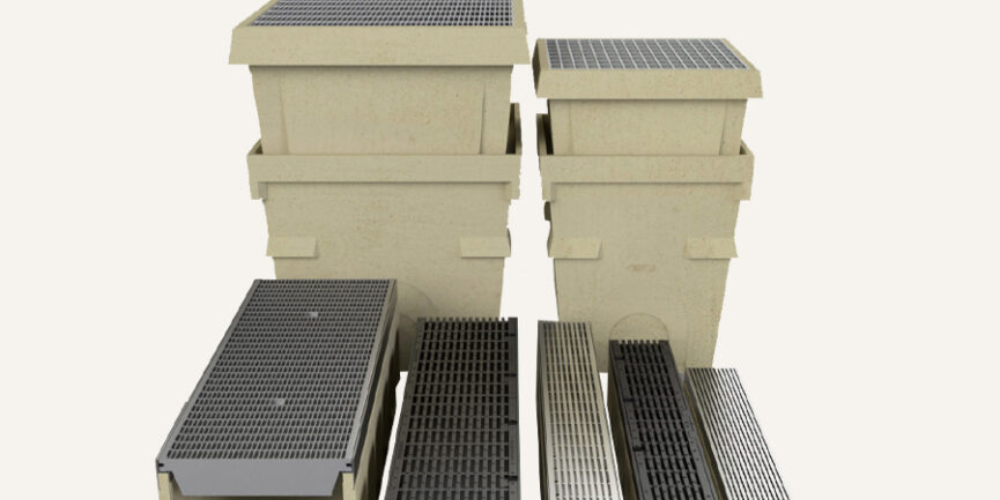Edwin is a writer who likes to write articles about investment and emerging industries. In addition, he also likes to share his daily life with cars on his blog. He has been writing for several years and enjoys sharing his knowledge with others.

The choice of drainage solution for industrial use depends on various factors such as the type of industry, the size of the facility, the amount and type of waste generated, and the regulations governing the disposal of industrial waste.
Here are some drainage solutions commonly used in industrial settings:
- Trench Drains: Trench drains are typically used in areas where large volumes of water or other liquids need to be drained quickly, such as in food processing plants, manufacturing facilities, and car washes. They consist of a long, narrow channel that runs along the floor and is covered by a grating to prevent debris from entering the drain. Furthermore, visit the drainage products store for professional guidance.
- Floor Drains: Floor drains are commonly used in commercial kitchens, industrial plants, and laboratories. They are designed to collect and remove wastewater and other liquids from the floor. They are typically made of stainless steel or cast iron, which makes them durable and resistant to corrosion.
- Oil-Water Separators: Oil-water separators are used to separate oil and other hydrocarbons from water. They are commonly used in industries such as automotive, aircraft maintenance, and industrial cleaning. They work by using gravity to separate the oil from the water, and then allowing the oil to be removed and disposed of properly.
- Grease Traps: Grease traps are used to trap grease, oil, and fats from wastewater in restaurants, food processing plants, and other facilities. They prevent these substances from entering the sewer system and causing blockages. Grease traps are typically located near the kitchen or food preparation area.
- Chemical Drainage Systems: Chemical drainage systems are used in facilities that generate or use hazardous chemicals. They are designed to contain and dispose of these chemicals safely, while also protecting the environment and the health of workers.
It is important to consult with a qualified plumbing or drainage professional to determine the most suitable drainage solution for your industrial application, based on your specific needs and local regulations.
What industries require a standard drainage system?
Most industries require some form of standard drainage system to manage wastewater and prevent flooding. However, some industries have more specific requirements based on the type and volume of waste produced.
Here are some industries that typically require standard drainage systems:
- Food and Beverage Industry: This industry typically requires drainage systems that can handle large amounts of organic waste, including food scraps, grease, and oil. Trench drains and floor drains are commonly used in food and beverage processing facilities.
- Manufacturing Industry: The manufacturing industry generates a wide range of waste, including chemicals, oils, and heavy metals. Trench drains and chemical drainage systems are commonly used in manufacturing facilities.
- Healthcare Industry: Hospitals and other healthcare facilities generate large amounts of medical waste and wastewater, including bodily fluids and hazardous chemicals. Floor drains and chemical drainage systems are commonly used in healthcare facilities.
- Hospitality Industry: Hotels, resorts, and other hospitality businesses require drainage systems that can handle large amounts of wastewater from guest rooms, restaurants, and other facilities. Grease traps and floor drains are commonly used in the hospitality industry.
- Retail Industry: Retail businesses, such as supermarkets and shopping centers, require drainage systems that can handle wastewater from bathrooms, food courts, and other areas. Floor drains and trench drains are commonly used in retail settings.
Nonetheless, any industry that generates wastewater or has the potential for flooding will require some form of the standard drainage system.
